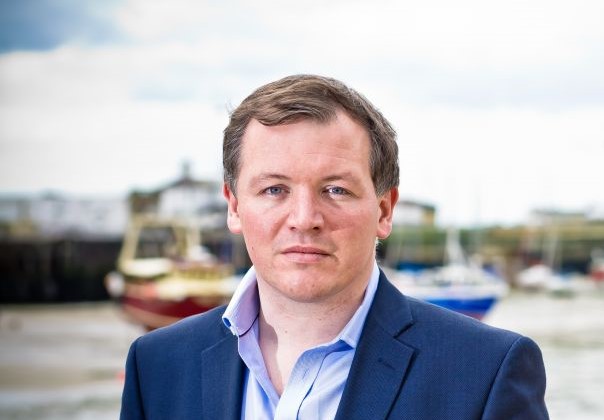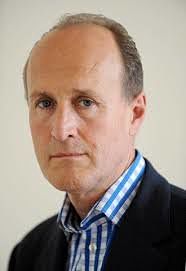By Professor Jeanette Steemers
Children’s content is a key component of public service broadcasting and two recent developments might suggest progress in supporting it.
In April, the British Film Institute launched the Young Audiences Content Fund (YACF), a three-year pilot with a budget of £57m for the development and production of public service content for children and young people under 18. The YACF aims to support UK-originated children’s content, distributed free-to-air, which puts the spotlight on the three commercial public service broadcasters – ITV, Channel 4 and Channel 5 – to support more commissions. Successful bids must have 50% of funding in place before the YACF can support a production; the commercial PSBs will have to show commitment for the fund to work. There are no such funding limits on smaller applications for development funding, which do not need to have a broadcaster in place, because the priority is to encourage new voices and emerging producers.
In July, Ofcom set out a new approach to the commercial PSBs, whose support for original children’s content has fallen drastically since 2006. Ofcom is not proposing a return to transmission and production quotas for children’s content. Instead it calls for a flexible but firm approach to stimulate new content, satisfying itself that each broadcaster has responded ‘positively’ to the concerns it has highlighted about low levels of investment and commissioning. The extent to which ITV, Channel 4 and Channel 5 respond to this encouragement is also likely to have an impact on the success of the YACF pilot, because the scheme can put up only 50% of funding for any project. The rest needs to be secured from broadcaster commissions, pre-sales and other sources.
Beyond the YACF and Ofcom’s interventions in the children’s market, there are two further factors that are likely to have an impact on the longer term development of children’s content in the UK.
The first is the response of the BBC. As the largest commissioner of children’s content in the UK, which has no intention of applying to the YACF, the BBC needs to be scrutinized over what it is commissioning. In 2017 it announced an additional £34m of investment in children’s services in the three years to 2019-20 to enable ‘a personalised offering’ for younger viewers, but it is unclear how much of this has been spent on content or delivery.
The second development to watch will be the launch of Disney+ in November, as Disney starts to compete in the subscription video-on-demand market with Netflix. As a global competitor with a vast archive and new content for children and families it will present a formidable rival to UK PSBs and pay-TV packages. This will place recent policy initiatives in context.
Jeanette Steemers is a trustee of the VLV and chair of the YACF Steering Group, a producers’ forum for advising the fund







Follow Us